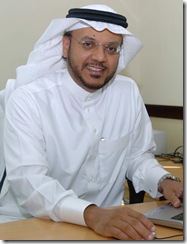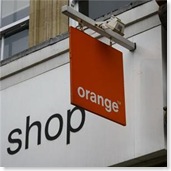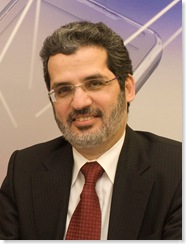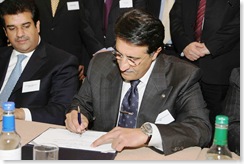Zain Group CEO Saad Al Barrak is set to act as interim CEO of the mobile conglomerate’s Saudi operation, following news that the current incumbent Marwan Alahmadi shall be leaving the post at the end of March.
Alahmadi is set to leave his post as Zain Saudi Arabia CEO at the end of the month
Alahmadi is set to remain a board member of Zain Saudi Arabia, an operation that launched commercial 2G and 3.5G services in August 2008, and added 2.01 million users by the end of the year, reflecting a market share of seven per cent.
Zain spokespeople are describing the change in top management in Saudi as a planned development, though it is the first time that group CEO has taken the reins of a country operation since ascending to becoming managing director of MTC Group and later CEO of Zain Group. Information received by Comm. almost a month ago had suggested that a re-shuffle was imminent at the top of Zain Saudi.
Zain Saudi Arabia competes with STC and Mobily in the mobile space in Saudi.
“With the robustness of the Saudi economy playing a decisive role, we are very confident that Zain Saudi Arabia will be a shining star among the Zain group of companies and we expect that the huge investment in the brand and network to date will see even better results for 2009 and beyond,” commented Al-Barrak recently.







